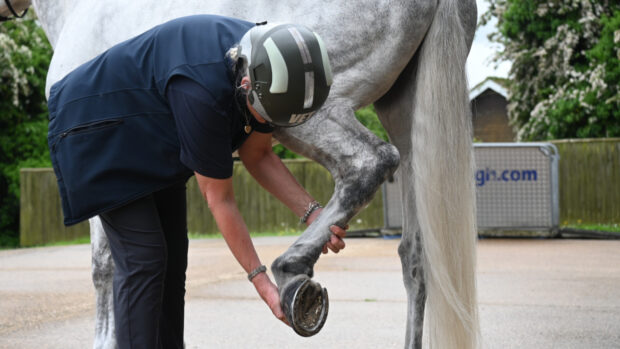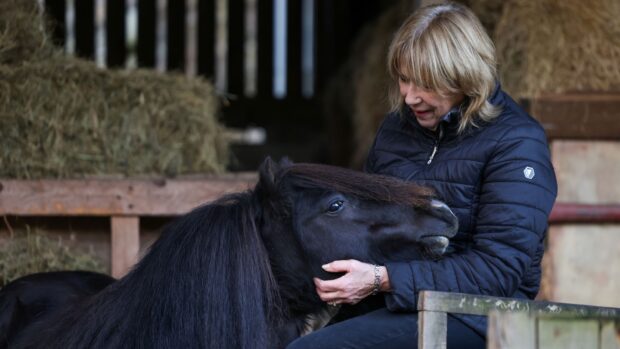Types of colic in horses could be geographical, according to recent research that has found more cases in certain areas of the country.
The study, which covered a large area around the north-west of England, showed there was an increased risk of horses in and around Lancashire developing Idiopathic Focal Eosinophilic Enteritis (IFEE), an unusual gastrointestinal disorder that causes colic.
Researchers also revealed that IFEE is seasonal, occurring more commonly in the autumn, and that the risk is higher in horses up to the age of five.
The findings emerged from a collaborative study between Lancaster University statisticians Dr Deborah Costain and Dr Chris Sherlock, and equine specialist Prof. Debra Archer from the University of Liverpool.
The study was based on data collected from horses and ponies admitted over 10 years to the University of Liverpool’s Philip Leverhulme Equine Hospital for exploratory surgery to investigate the cause of colic.
Of these, 85 were IFEE cases. A further 848 subjects were selected at random from those without IFEE.
The data analysis used advanced techniques in spatial statistics, a particular specialism of Lancaster University.
“Horse owners in and around the Lancashire area should be aware that the chances of their horse or pony developing this condition overall are still very low, but we would appear to see more cases of IFEE here than anywhere else in the study region,” said Prof. Archer.
The study suggested that environmental factors might account for the increase in IFEE in this area, and suggested that future research into soil types and pathogens is needed to find out more.
“It is important that we continue to try to find out what the underlying cause is, to determine whether it can be prevented from occurring,” added Prof. Archer.
H&H vet adviser Karen Coumbe said: “This work has provided some important information about an unusual type of colic that we have previously known little about, and will assist further research on trying to prevent it from occurring.”
Ref: Horse & Hound; 5 March 2015



